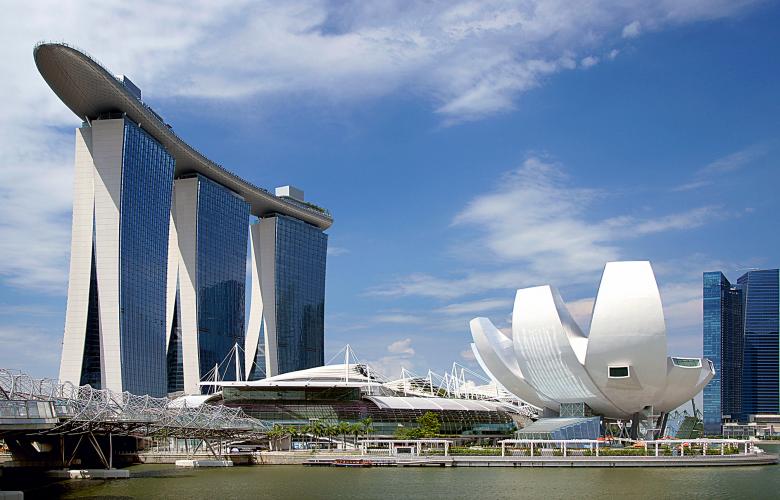Obtaining finance in Singapore
Contact
Obtaining finance in Singapore
A foreigner's guide on obtaining finance to buy property in Singapore
This article is intended as a preliminary guide only and refers to some but not all elements required to consider in detail prior to starting any property dealings or due diligence. Property dealings are often complex, especially in foreign countries and we highly recommend you seek independent professional advice... read more...
Most Singaporeans take up a housing loan from the Housing and Development Board (HDB), however if you are not a Singaporean citizen, or married to one, you are likely to consider a bank for your mortgage. Foreigner buyers with no outstanding Singapore housing loans can generally borrow up to 80% of the purchase price of a property, depending on the financial institution and subject to regulatory requirement. Loans are made in Singapore dollars. Thankfully, there are no restrictions on remitting capital or profits out of Singapore.
There are 5 local banks in Singapore and many more foreign banks operating locally, according to the Monetary Authority of Singapore. Different lenders may have different eligibility criteria so it is a good idea to shop around. A variety of repayment options are available on loans with rates fixed for a number of years or variable, usually based on the Singapore Inter Bank Lending Rate (SIBOR).
How do I apply for a bank housing loan?
Although it may be tempting not to, it’s important to seek pre-approval from a bank before purchasing a property in Singapore. You will need to present your passport, work permit and proof of income, usually between 3 and 6 months’ worth. Approval In Principle (AIP), usually lasting 30 days, gives you an idea of your budget, but is not an obligation to take out a loan with that particular bank. Once you’ve found a property that meets your budget, you receive an Option to Purchase document and can submit your application for a loan. The bank will assess your credit status, financial documents and Option to Purchase, and once approved will provide a Letter of Offer (also called a Facility Letter) with the loan amount, interest rate and any lock-in period of the loan.
How much can I borrow?
In 2013 the Monetary Authority of Singapore (MAS) introduced a Total Debt Servicing Ratio (TDSR) framework for all property loans granted to individuals. This means that a borrower’s other outstanding debt must be considered when granting property loans and effectively limits the amount you can borrow based on your household income. According to MAS policy, your debt obligations, including non-property debt, must not exceed 60 percent of your total gross monthly income.
What is the standard length of the loan?
Loans are generally made for a minimum of five years. In 2012, MAS capped tenure of all new residential property loans at 35 years. Loans beyond 30 years face significantly lower loan-to-value (LTV) limits, or total amount you can borrow as a percentage of the value of the property. The maximum loan-to-value ratio for these longer tenures drops from 80 percent for below 30 years to 60 percent for new borrowers and 40 percent for borrowers with one or more existing loans.
More information
Further information about eligibility and Singapore home loan packages can be found on these banks’ websites.
Oversea-Chinese Banking Corporation (OCBC)
Source: Jones Lang LaSalle Singapore Property Investment Guide 2015.
https://masnetsvc.mas.gov.sg/FID.html
Similar to this:
Introduction to Singapore property
Singapore real estate glossary of terms
This article and the above linked articles are not complete and are intended as preliminary guides only. These guides refer to some elements to consider prior to starting any property dealings or due diligence. Property dealings are often complex areas, especially in foreign countries and we highly recommend you seek independent professional advice... read more...










